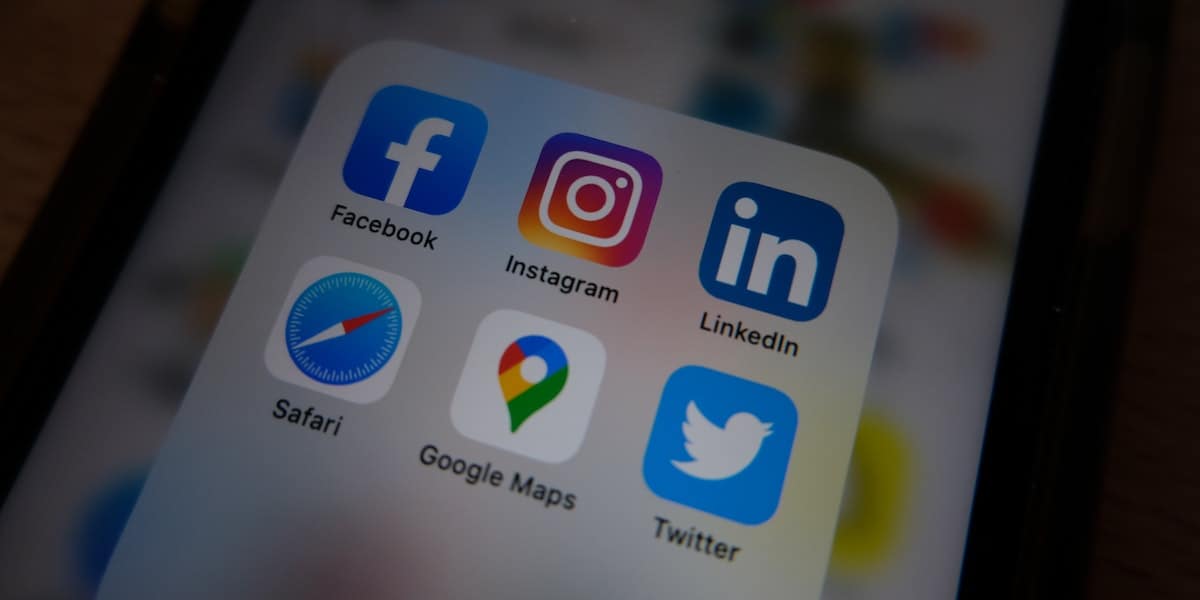
Twitter’s $12.8 Billion Valuation
Twitter has announced plans to file for an IPO in a bid to raise $1 billion, giving an overall valuation of $12.8 billion. The initial public offering will enable investors to buy shares in the social media company in the biggest stock market flotation of its kind since Facebook’s IPO in 2012.
The big question for many will be: why is a company that made a loss of $80 million in 2012 valued so highly?
It’s a particularly pertinent question because Facebook’s stock market valuation of around $100 billion was followed by share prices falling to 50% of their initial price within the first year of trading.
However, there is every indication that Twitter’s listing won’t befall the same fate as that experienced by Facebook, who have, incidentally, now experienced a significant recovery with share prices surpassing the initial listing for the first time last week.
Whilst there are several reasons for this – we’ll look at some in detail in a moment – the world of social media has dramatically changed in the last year, with Twitter perfectly positioned to experience continued growth. In the early days social media’s explosive growth was fuelled by purely personal users, inevitably resulting in the question “how can we put a value on millions of users and limitless access to personal information but no tangible sources of revenue?” However, we’re now seeing a range of different uses for social media which have broadened the scope of platforms like Twitter and started to bring the possibility of serious profit into the equation.
The IPO revealed that Twitter have 218.3 million active monthly users produce 500 million tweets every day. However, whilst numbers alone are impressive, it’s when we delve a little deeper that we get a better indication of how Twitter is really faring…
Twitter and Social
It goes without saying that Twitter has developed a massive social following. Whilst we were initially sceptical about the longevity of individual social media platforms – what will happen to Facebook and Twitter when the next innovation comes along? – this hasn’t happened. The companies have found innovative ways to keep their platforms fresh and engaging. We’ve now adopted words like “ReTweet” and “HashTag” around the dinner table, indicating that Twitter has made a lasting impression upon our social lives.
Whilst the hardest to analyse, Twitter’s social following will remain a key factor in the company’s fortunes.
Twitter and Business
Twitter has also become a key source of information for many, with industry news and business opportunities becoming an increasingly normal part of the social media landscape. This has been an interesting shift in ‘social media’ in the last 12 months. Whilst personal users still love the platform, successful businesses have worked out the best ways to use Twitter, and career-savvy professionals are turning to Twitter both for networking and industry news opportunities.
This has lent a credibility to Twitter which will certainly help in the stock markets; Bebo, an early social media platform once valued at $850 million, was recently sold for just $1 million. However, Twitter’s function as a legitimate business platform, distinct from LinkedIn, should safeguard against this kind of social media catastrophe.
Twitter and Mobile
Finally, and perhaps most importantly of all, 75% of monthly users are mobile users, and 65% of Twitter’s advertising revenue also comes from mobile. This are impressive statistics: Facebook’s relative failure to persuade investors that mobile advertising could be seamlessly integrated was part of the reason for the lack of investor confidence.
If Twitter can find a way to generate significant revenue from mobile advertising, then we’re pretty sure the company will be set to generate serious profits in the coming years.




 Blog
Blog

